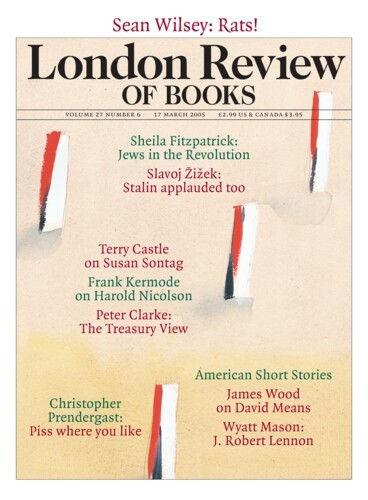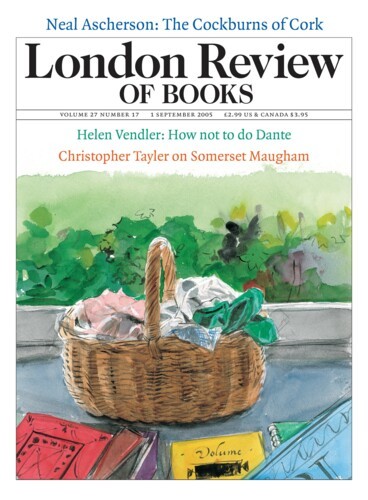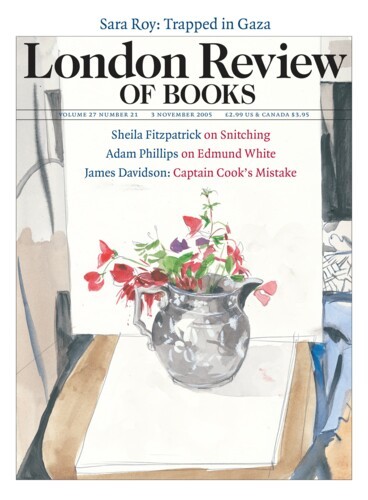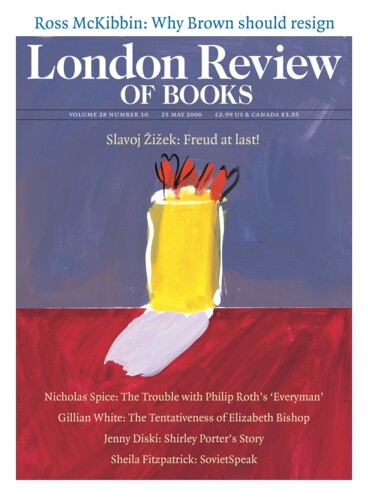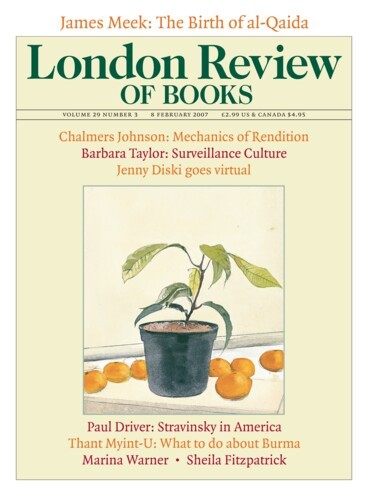I sailed away with a mighty push, never to return: Jews in the Revolution
Sheila Fitzpatrick, 17 March 2005
This book changed my sense of the big story of Soviet history as well as the big story of the Jews in the modern world.* Chapter 4, in particular, the interpretative history of Jews in the Soviet Union (and the United States and Israel), which takes up almost half the book, should be compulsory reading for everyone who has ever expressed an opinion on the subject.
Yuri Slezkine dedicates the...
